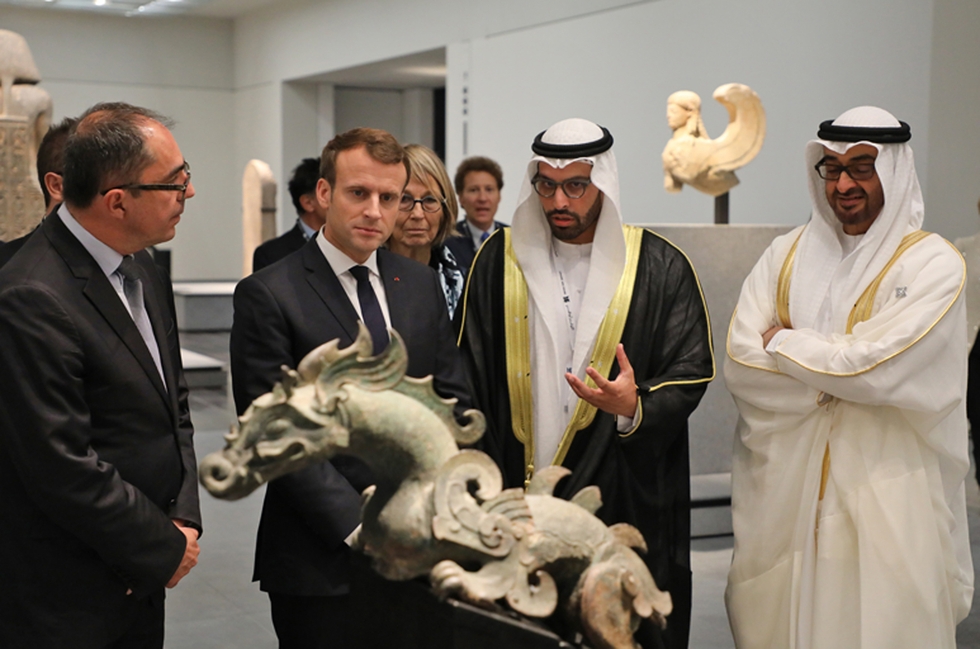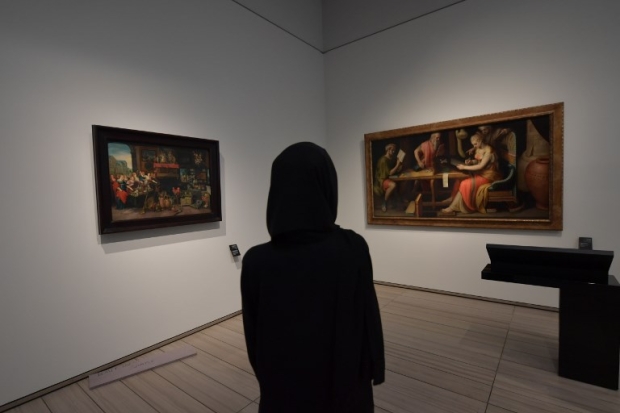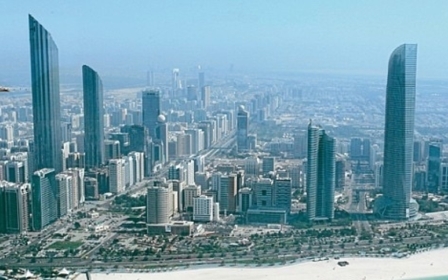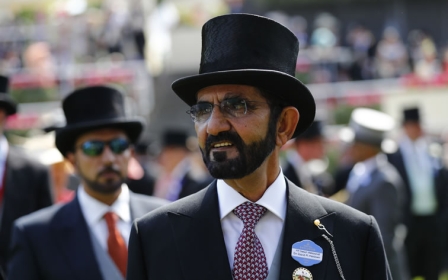The Louvre Abu Dhabi opens amid controversy over labour conditions

More than a decade in the making, the Louvre Abu Dhabi opened its doors Wednesday, winning praise from visiting French President Emmanuel Macron as a "bridge between civilisations" and religions.
On his first official visit to the Middle East, Macron and his wife Brigitte were greeted at the museum by Abu Dhabi Crown Prince Sheikh Mohammed bin Zayed and Dubai ruler Sheikh Mohamed bin Rashed al-Maktoum.
Macron, who is also scheduled to hold talks with Emirati officials, toured the 12-gallery museum - the first to carry the famed Louvre brand outside France - shortly after touching down in Abu Dhabi, along with the heads of state of Morocco and Afghanistan.
The new museum was a "bridge between civilisations", he said at the opening. "Those who seek to say that Islam is the destruction of other religions are liars."
Macron said the museum and its artworks from Europe, Africa and Asia were proof that "our religions, our civilisations are linked".
The opening comes a decade after France and the UAE agreed to a 30-year partnership initially reported to be worth $1.1 billion, including nearly half a billion dollars for the rights to the Louvre brand alone.
For its first several exhibits, the Louvre Abu Dhabi will display more than 235 works of art from the Emirati collection, including Edouard Manet's "The Gypsy" and works by Dutch abstract artist Piet Mondrian and Turkey's Osman Hamdi Bey.
The museum currently has some 300 pieces on loan, including an 1887 self-portrait by Vincent van Gogh and Leonardo da Vinci's La Belle Ferronniere.
Among the exhibits are an early Koran, a gothic Bible and a Yemenite Torah, facing each other and open at verses carrying the same message.
The authorities have put in place strict measures to protect the art from the heat in a country where summer temperatures soar well above 40 degrees Celsius (more than 100 degrees Fahrenheit).
The construction on the Saadiyat island off Abu Dhabi has faced criticism over the treatment of thousands of migrant labourers building the museum.
Government-paid monitors reported in mid-construction that 86 percent of workers carried recruitment debts averaging $2000, none of whom have been reimbursed, Gulf labour activists said.
French President Emmanuel Macron visited the opening, along with Abu Dhabi Crown Prince Mohammed bin Zayed Al-Nahyan and leaders including Morocco's King Mohammed VI.
The museum design, by France's Pritzker Prize-winning architect Jean Nouvel, conjures up the image of an Arab medina as seen through the eyes of a contemporary cinematographer.
A silver-toned dome with perforated arabesque patterns appears to float over the white galleries, creating what Nouvel describes as a "rain of light".
To reach the ground, each ray of light must cross eight layers of perforations, creating a constantly shifting pattern that mimics the shadows cast by palm trees or the roof of a traditional Arab souq.
The Louvre Abu Dhabi is the first of three museums to open on Saadiyat Island, where the UAE plans to launch the Guggenheim Abu Dhabi, designed by Frank Gehry, and the Norman Foster's Zayed National Museum.
Jean-Luc Martinez, president of the Louvre in Paris, said the new museum was designed "to open up to others, to understand diversity" in "a multipolar world".
The oil-rich Gulf emirate has also spent years quietly building its own permanent collection.
The artworks are also guarded by Emirati forces in coordination with French experts.
The project initially sparked heated debate in France, where criticism erupted early on over the sale of a French name to an Arab state.
New MEE newsletter: Jerusalem Dispatch
Sign up to get the latest insights and analysis on Israel-Palestine, alongside Turkey Unpacked and other MEE newsletters
Middle East Eye delivers independent and unrivalled coverage and analysis of the Middle East, North Africa and beyond. To learn more about republishing this content and the associated fees, please fill out this form. More about MEE can be found here.





